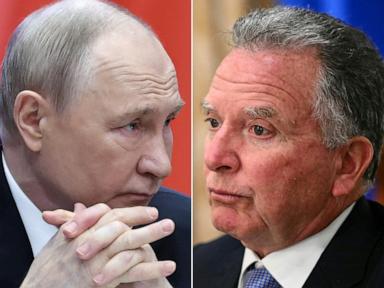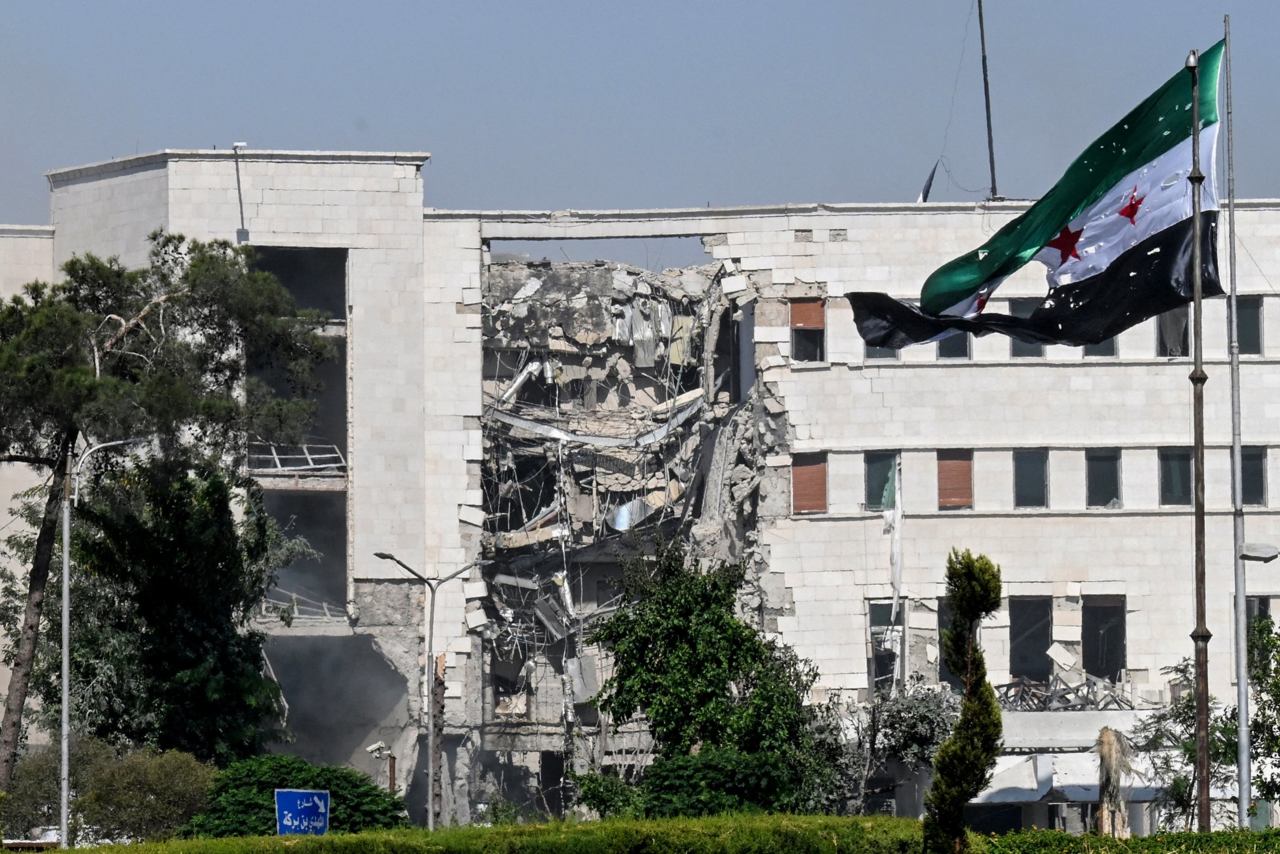Israel conducted airstrikes on Damascus on March 15, 2024, as sectarian violence escalated in Syria. This military action follows two days of intense clashes between local Druze and Bedouin populations, leading to significant instability in the region.
The recent violence has prompted a series of retaliatory strikes by Israeli forces targeting Syrian government positions. According to the Syrian Observatory for Human Rights, at least 10 individuals have died as a result of the clashes, which have been fueled by long-standing tensions between the two communities.
Context of the Conflict
The Druze community, primarily located in the southwestern region of Syria, has historically maintained a distinct identity and has often found itself at odds with neighboring groups, including the Bedouin. The current clashes are seen as part of a broader struggle for power and resources in a country already ravaged by years of civil war.
In the backdrop of these skirmishes, Israel’s military operations have been focused on preventing the transfer of advanced weaponry to militant groups. Israeli officials have expressed concern that increased instability in Syria could allow hostile entities to gain a foothold near their northern border.
The airstrikes targeted locations believed to be housing Syrian military assets. While the Israeli government has not officially commented on the specific details of the strikes, they have previously stated their commitment to safeguarding national security.
Regional Implications
The escalation of violence in Syria raises alarms about the potential for a wider conflict. Analysts suggest that Israel’s proactive military stance is intended to deter further aggression from both the Syrian government and various militia groups operating in the area.
Local residents have reported that many families are fleeing the conflict zones, exacerbating an already dire humanitarian crisis. With thousands displaced from their homes, the situation on the ground continues to deteriorate.
International responses have varied, with some nations urging both sides to engage in dialogue and cease hostilities. The United Nations has reiterated calls for a peaceful resolution, emphasizing the need for humanitarian aid to reach those affected by the ongoing violence.
As the situation unfolds, the international community remains watchful of Israel’s actions and their implications for stability in the Middle East. The complex interplay of sectarian violence and foreign military interventions underscores the fragile state of affairs in Syria and its neighboring regions.







































































